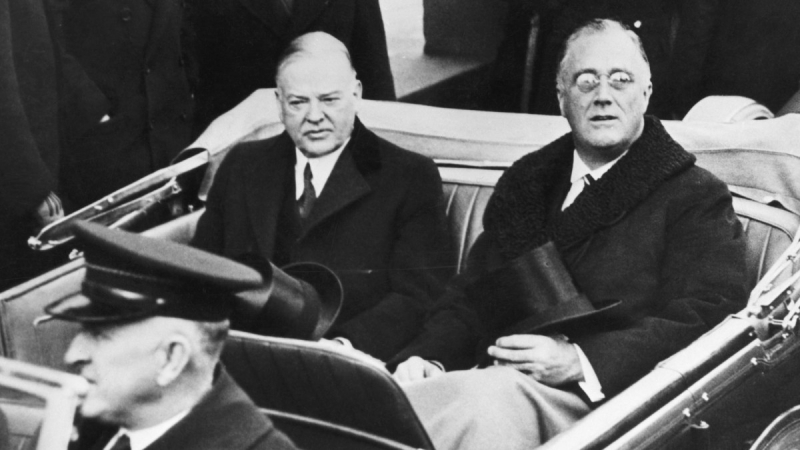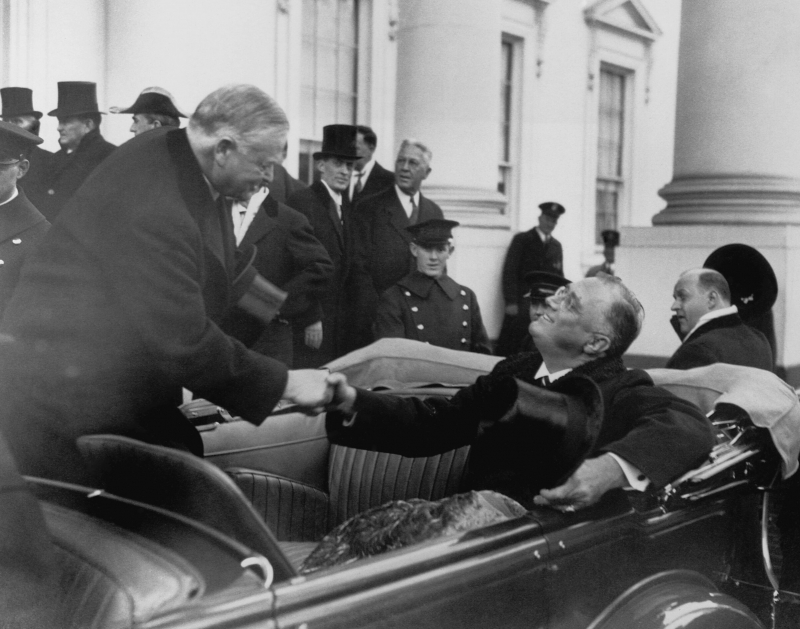He failed to defeat FDR and became to be one of his worst critics
One of the interesting facts about Herbert Hoover is he failed to defeat FDR and became to be one of his worst critics. Because Hoover assumed office just a few months before the 1929 stock market crisis, historians have criticized his bad timing and presidential actions. Even the Great Engineer was unable to devise a plan to revive the economy. His voluntary, non-governmental approach to economics failed to increase demand and production, the Hawley-Smoot Tariff law was ineffective, the Agricultural Marketing Act had little effect, and the Reconstruction Finance Corporation failed to stabilize the banking system. Franklin Delano Roosevelt defeated Herbert Hoover with 57 percent of the popular vote and a massive 472-59 electoral vote advantage after the public rallied behind him and his New Deal pledges.
Hoover disliked being blamed for the Great Depression and criticized the ideologies and actions of his successor. Hoover thought Roosevelt had personally insulted him as well. Hoover's request for Secret Service protection was turned down, and he thought FDR had obstructed his fundraising efforts for Finland's war against Russia by spreading unfavorable reports to the media.
Many of Hoover's digs at Roosevelt haven't held up over time. The "gospel of tyranny" that surrounded the New Deal's backing was the focus of his greatest complaints. The fact that "this Administration is progressively creating the same development of personal power that has swept the globe into Nazism and Fascism" was one of the many comparisons he made between what was occurring in America and what was happening in Europe.
However, Hoover's thoughts extended beyond politics. He maintained his charitable activities while also producing a large body of writing, including The Ordeal of Woodrow Wilson, the first presidential biography written by a different author, and Fishing for Fun-And to Wash Your Soul. Before he passed away in New York on October 20, 1964, at the age of 90, he also contributed to the efforts of post-World War II rehabilitation in Europe.













